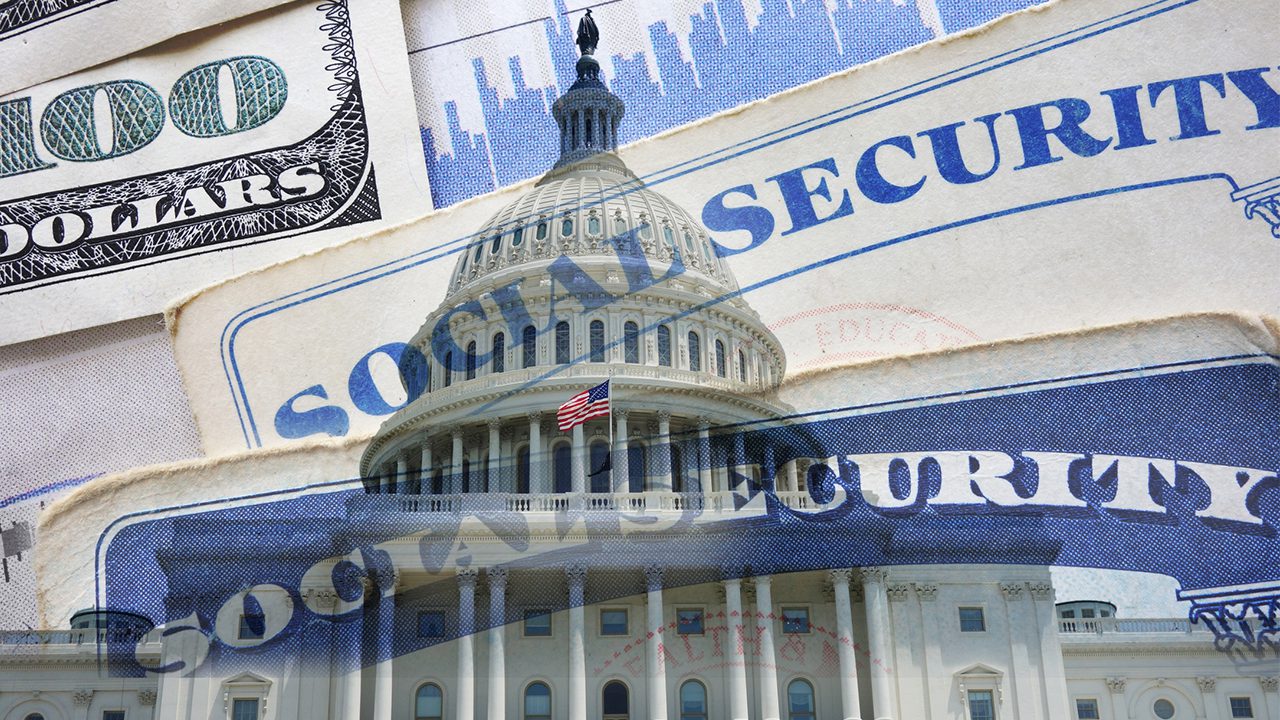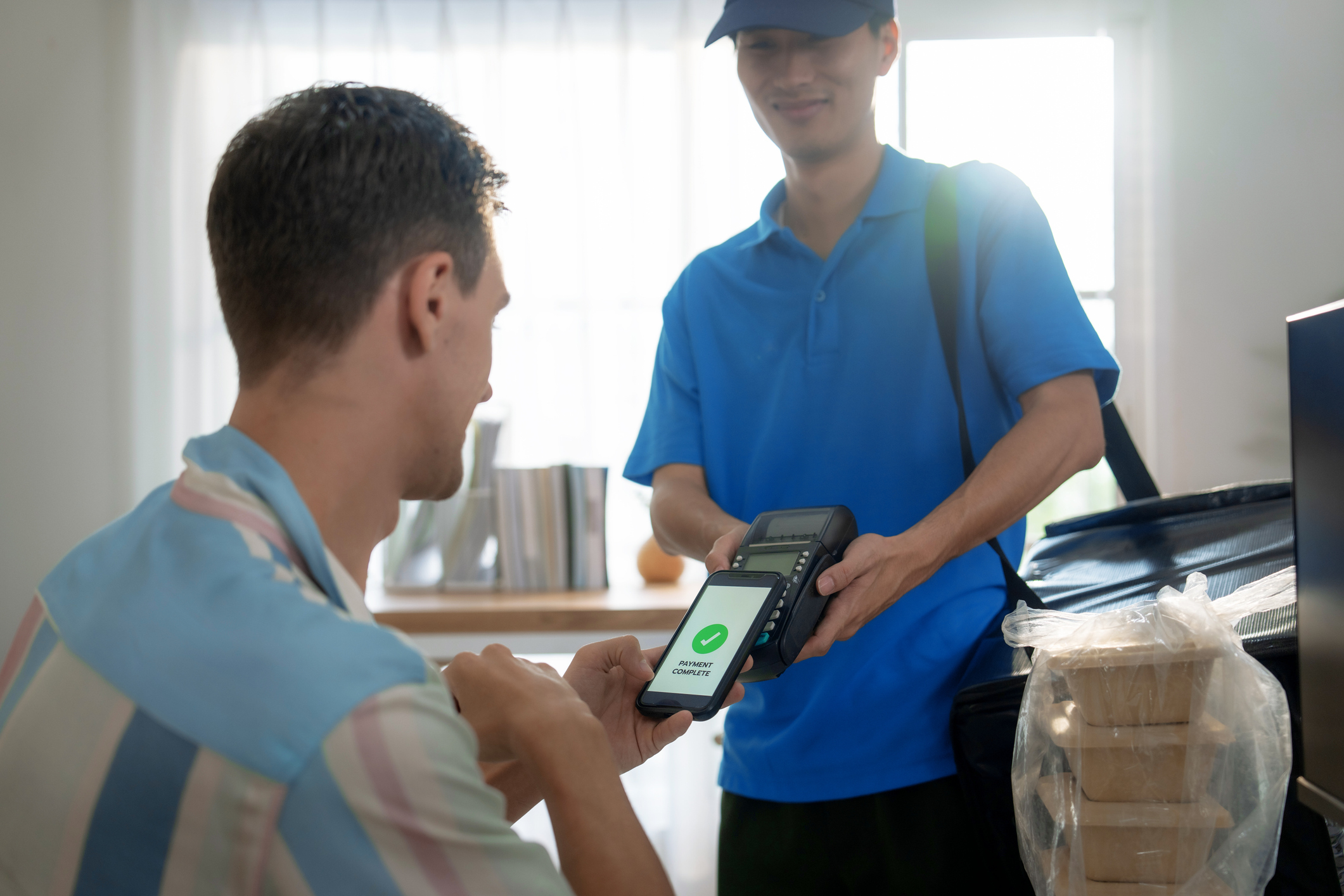Replay of Working Out Loud
In this episode, hosts Jessica Beckendorf and Bob Bertsch explore john Stepper's Working Out Loud framework in the context of building relationships for resilience. Jessica and Bob discuss five elements of Working Out Loud: purposeful discovery, relationships, generosity, visible work, and growth mindset.




















